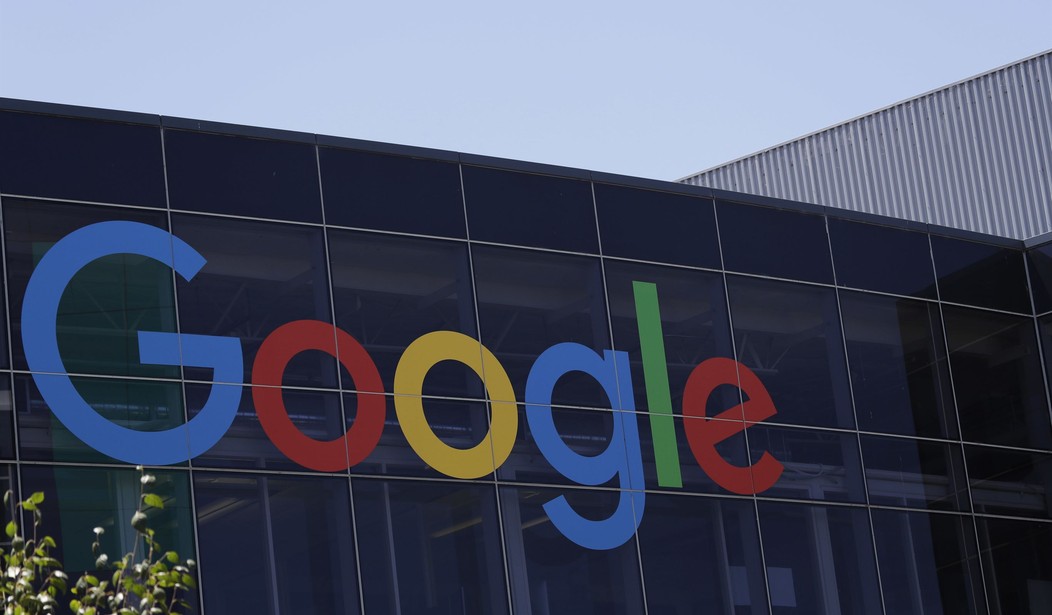The spirit of freedom in America is rapidly changing under the burdensome weights of censorship and cancel-culture. From the legislative chambers in the DC Capitol and corporate board rooms to the pages of everyday citizen’s social media accounts, free speech is under fierce attack.
Liberty is afforded to those who tirelessly fight as if freedom depended on it because it does. But it is imperative to understand how keenly Big Tech divides America and creates a two-class system: ones who uphold freedom and others who obey the new order.
For example, YouTube is a subsidiary of Google, and it started as an impartial video hosting and content sharing platform. Progressives and conservatives alike had open access to share original ideas or third-party content with an open dialogue section for supportive and dissenting commentary.
But then the YouTube purge happened on October 15, 2020, and many of the conservative content creators got banned. So, where exactly did they go? Of the 154 content creators I tracked, 75 percent were still on YouTube, while new high-growth video content sharing platforms like Rumble had 13 percent, and Bitchute had 11 percent.
The problem now is that conservative content is highly fragmented. Users must now play the ‘social media shuffle’ to get to each right-leaning information daily. Most casual news and content consumers won’t go to great lengths to find the information they previously liked—which is why censorship is winning the battle so far.
Recommended
So, what do we do about it?
Aggregation is the best solution to Big Tech censorship. Similar to the Drudge Report for news stories, an aggregator is a strategic way to streamline video content into one place for viewers.
Here’s how an aggregator would work. Consider a conservative rising star on social media with high growth in subscribers and followers but was banned from YouTube. The person would continue making videos and sharing content on an alternate hosting site, but consumers would have to create an account on the new platform.
Most people would like the convenience of a single log-on that can pull data and people they want to follow into one platform for viewing and consumption. A new aggregator platform can amass and organize content and videos from multiple sources based on users' preferences.
But the lingering question is, why did YouTube change its strategy and corporate policy to censor content?
Its artificial intelligence recommendation engine was causing too many people to see conservative content and creating a mass shift in consciousness, which may have been to the dismay of advertisers.
Conservative and anti-globalist dissent garners high engagement, whether measured in clicks, likes, and comments. YouTube tried to alter and tweak its recommendation algorithm but failed because it over-recommended left-leaning content, which led to the company purging conservatives that doesn’t require much effort.
Hence, there is an entrepreneurial opportunity to combine content aggregation with a recommendation engine to best suit conservatives, moderates, and free-thinking individuals based on personal preferences in the land of freedom and capitalism.
Zach Vorhies is the coauthor ofGoogle Leaks: A Whistleblower’s Expose of Big Tech Censorship.He is a tech entrepreneur and a freedom-loving American.
























Join the conversation as a VIP Member